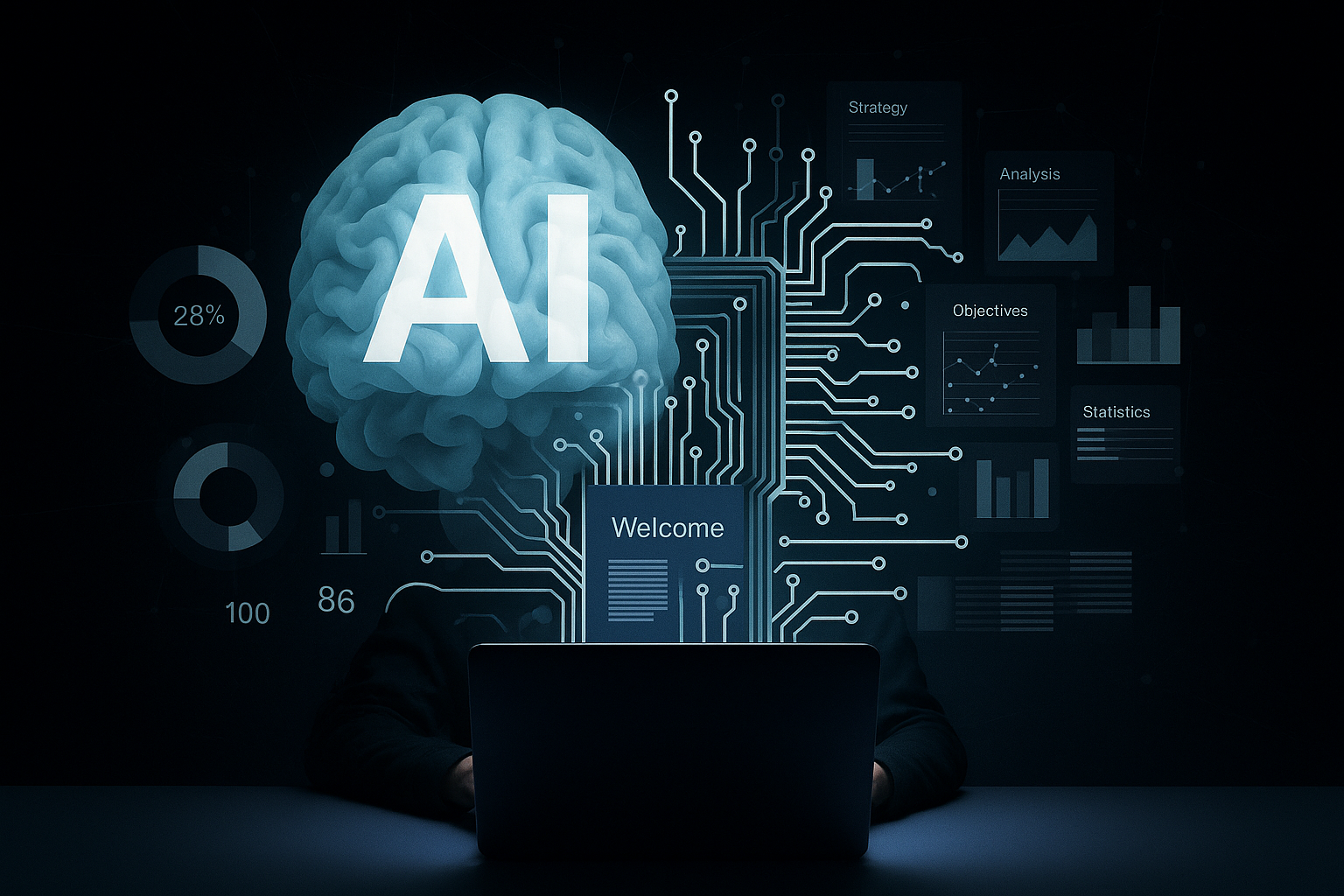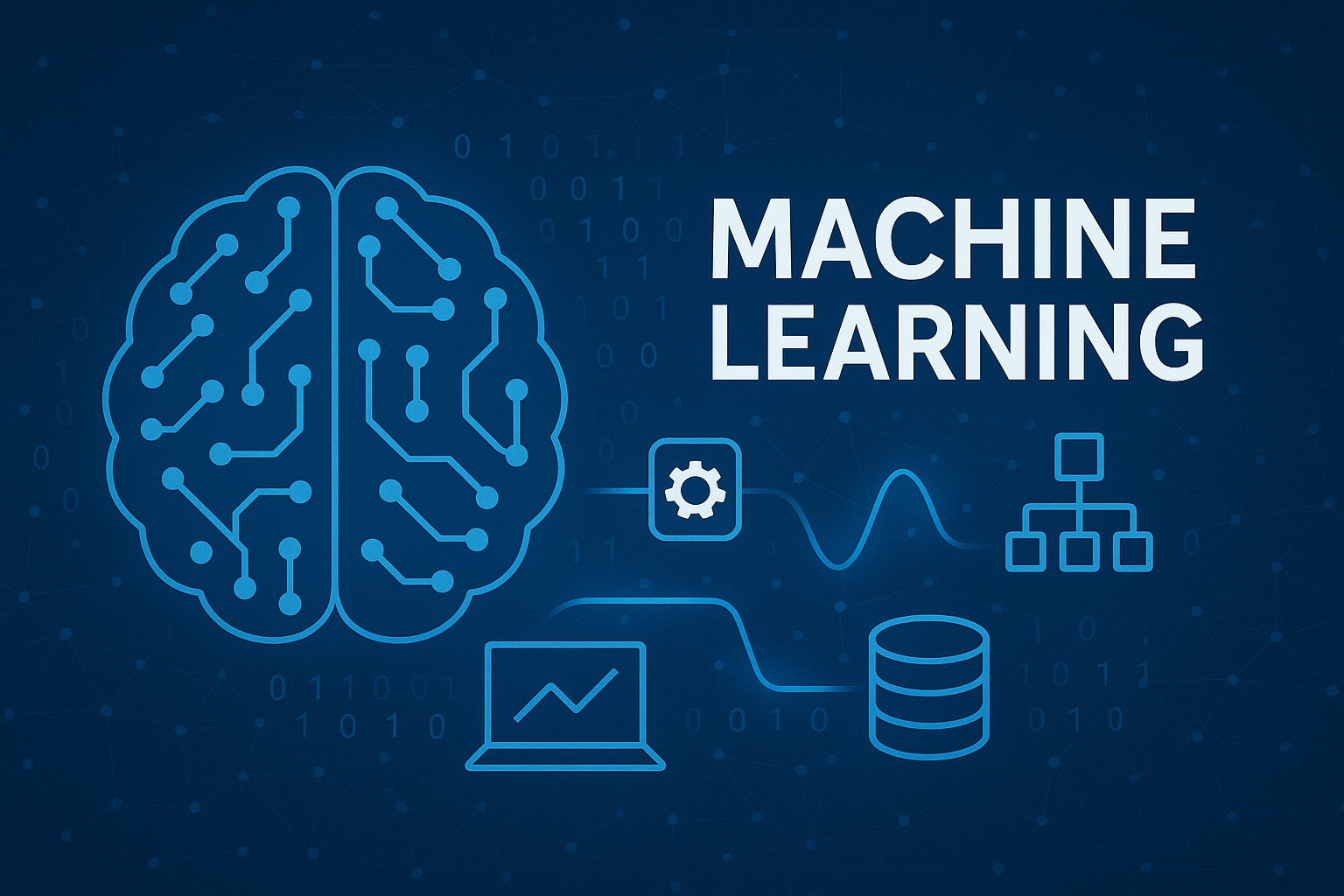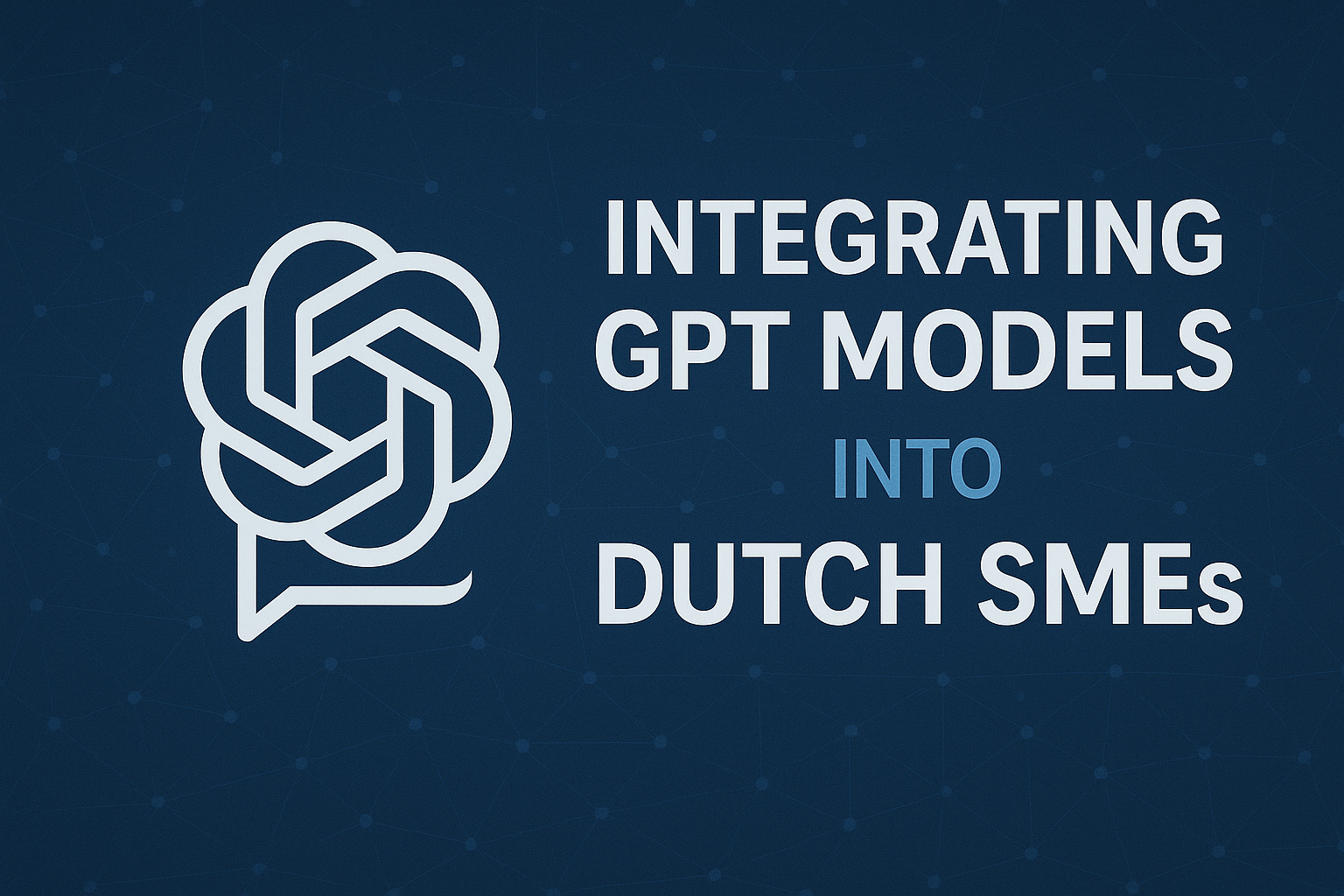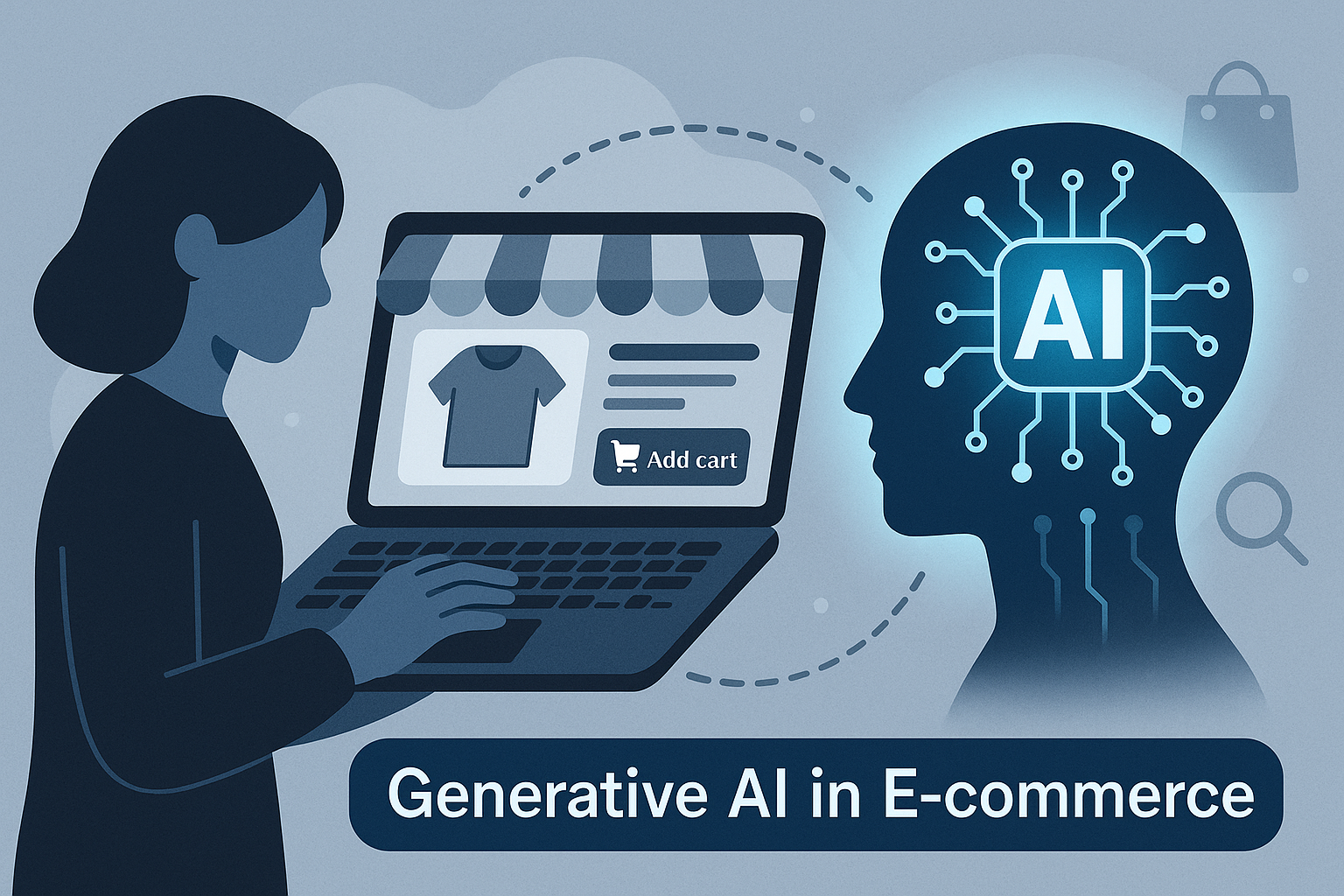The Future of Deep Learning: Opportunity and Responsibility in the Netherlands
(Toekomst van Deep Learning: Kansen en Verantwoordelijkheid in Nederland)
Deep learning—once a niche research topic—has reached a tipping point on Dutch soil. From predictive routing at the Port of Rotterdam to AI-assisted radiology in Amsterdam, enterprises are re-imagining operations with neural networks. Yet every breakthrough brings questions about privacy, fairness and talent. The coming decade will be defined not only by how far Dutch companies push deep learning but by how responsibly they do so.
Innovation on the Move: Logistics Reinvented (Innovatie in Beweging: Logistiek Heruitgevonden)
Rotterdam terminals feed sensor and AIS data into recurrent neural networks that predict berth congestion hours ahead, cutting idle time by almost 19 % according to a joint TU Delft & Erasmus Smart Port white paper. These same models, retrained nightly, adjust trucking schedules in real time—net-op-tijd logistics that save fuel and CO₂.
Precision Medicine Arrives (Precisiegeneeskunde Arriveert)
Hospitals such as Isala Zwolle and Amsterdam UMC deploy convolutional networks that flag pulmonary nodules junior radiologists often overlook, boosting early-detection rates ≈ 30 % notes this NLAIC clinical-AI case study. Bespoke Dutch-language models now summarise pathology notes, accelerating multi-disciplinary decisions while safeguarding zorgkwaliteit.
Banking on Trust (Vertrouwen in Financiën)
ING reports a 42 % reduction in false-positive fraud alerts after switching to transformer-based anomaly detection trained on multilingual transaction data – see its 2024 AI innovation report. Meanwhile, Rabobank pilots GPT-style assistants that pre-read mortgage dossiers, trimming approval cycles and ensuring AVG-conforme explanations.
Hyper-Personalisation Meets Dutch Consumers (Hyper-personalisatie en de Nederlandse Consument)
E-commerce platforms in Eindhoven combine behaviour, context and weather data to push moment-by-moment recommendations. A 2025 Thuiswinkel.org study records conversion lifts up to 13 % when persoonlijke aanbevelingen replace static catalogues.
Compliance Compass: GDPR and the EU AI Act (De Compliance-Kompas)
The Autoriteit Persoonsgegevens has already fined firms for inadvertent data leaks. Under the draft EU AI Act, explainability becomes mandatory for high-risk systems by 2026. Dutch CIOs are investing in SHAP dashboards and counterfactual testing to deliver verantwoorde AI.
Bias: The Hidden Variable (Bias: De Verborgen Variabele)
A 2024 Human Rights Lab analysis found wage-gap bias in Benelux hiring bots. Dutch ministries now fund bias-mitigation grants, urging companies to stress-test models during every sprint, not only at release.
Talent: Closing the Delta (Talent: Het Delta Dichten)
Despite record AI cohorts at TU Delft, Utrecht University and the University of Amsterdam, demand outpaces supply. The Nederlandse AI Coalitie answers with hybrid boot camps that upskill planners and med-tech engineers alike, keeping scarce expertise in-huis.
A Dutch Edge in Sustainable AI (Een Nederlands Voordeel in Duurzame AI)
Edge chips on North Sea turbines now run lightweight vision models—an outcome of TU Delft’s EdgeLearn project—that predict blade defects without satellite backhaul, cutting inspection flights and emissions. Green AI could become the hallmark of AI-Made-in-NL.
Conclusion
Deep learning is reshaping Dutch industries—from voorspellende logistiek and precision healthcare to vertrouwde financiële diensten—by delivering ongekende efficiëntie and personalisatie. Yet echte impact vereist niet alleen krachtige modellen, maar ook verantwoorde governance, bias-mitigatie en gerichte talentontwikkeling. Organizations that blend technical excellence with ethical oversight zullen de Europese standaard zetten.
Ready to define your deep-learning roadmap? Neem vandaag nog contact op voor een vrijblijvend strategiegesprek en maak van AI uw concurrentievoordeel








